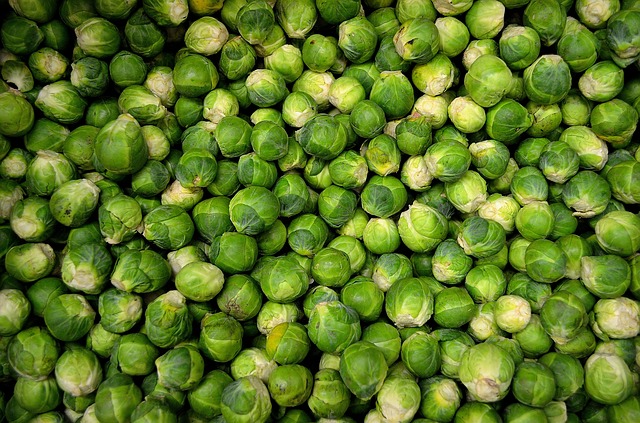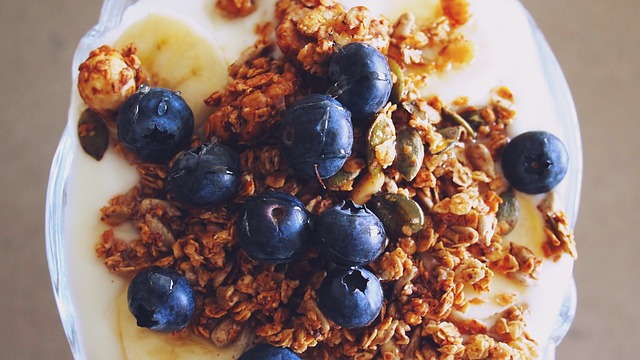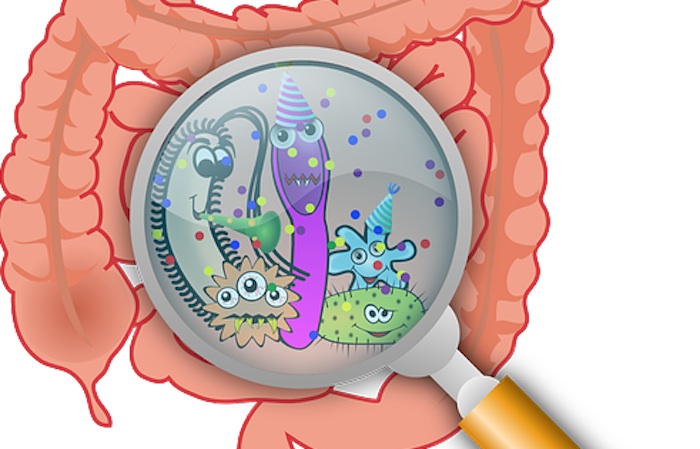There are colonies of bacteria or microbiome inside our digestive tract that can aid in good digestion and better overall health. In fact, there are more bacteria living in our intestines that our own human cells! The so-called “good bacteria” can also be cultivated by making better dietary choices and create a healthier gut microbiome.
Microbiome responds to diet
In 2014, Scientific American published an article describing research that showed that the gut microbiome can respond within just a matter of days to changes in your diet. Researchers at the University of Chicago specializing in gastroenterology, discovered that the body is highly sensitive to dietary changes, and they reiterated that the connection to diet and health is critical. By paying closer attention to what we eat, we can avoid many common ailments and help to minimize problems such as indigestion, inflamed bowels, and even obesity and anxiety.

Dietary fiber is thought to promote this healthy microbiome, and some researchers say that by following a diet that contains too little fiber, it may be possible to starve that bacteria. With nothing else to subsist upon, the bacteria may attack the lining of the intestines. That can cause discomfort, irritation, and illness. But when the microbiome is healthy, it contributes to the digestive process and helps us make the most from our nutrition. Some of the best fiber comes from vegetables, so extra servings of fresh vegetables as a daily habit is recommended for most people.
A healthier gut microbiome with probiotics

Eating fermented foods is an an easy way to introduce healthy probiotics to the diet. A few examples of fermented foods include naturally-made yogurt (without added sugars or artificial ingredients), miso soup, kimchi, and sauerkraut. Some evidence indicates that probiotics have a positive effect on the composition of our gut microbiome, which is why many health providers recommend probiotics supplements or fermented foods after taking a course of antibiotics.
While antibiotics are important for certain infections, they may also wipe out colonies of good bacteria in the process, and restoring the balance of our microbiome is an essential step in the healing and restorative process.
When it comes to creating healthy digestion and a healthier gut microbiome, everyone’s body is unique, and we all have individual dietary needs that should be thoughtfully addressed in order to ensure our health and well being.

